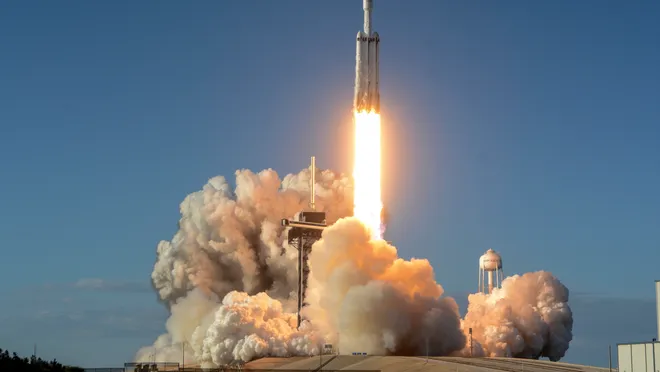SpaceX has revolutionised space travel, making reusable rockets a reality and dramatically reducing the cost of reaching orbit. But two high-profile Starship explosions have raised concerns about the company’s approach to innovation and risk.
Commercial spaceflight has rapidly expanded, with private companies looking to harness space resources and build new economies beyond Earth. Reusability has been a game-changer, significantly lowering launch costs and enabling more ambitious missions.
SpaceX operates with a philosophy of rapid iteration, treating test failures as learning opportunities rather than setbacks. While this approach has led to major breakthroughs, repeated failures raise questions about long-term reliability and safety. Meanwhile, growing competition from other private space firms suggests the industry is no longer dominated by a single player.
With rivals gaining ground and technological hurdles ahead, does SpaceX still have the edge in the new space economy?
Contributors:
Professor Michelle Hanlon, Executive Director of the Center for Air and Space Law at the University of Mississippi School of Law in the USA
Jack Burns, Professor Emeritus in the Department of Astrophysical and Planetary Sciences and Professor Emeritus in the Department of Physics in the USA
Dr Ella Atkins is Fred D. Durham Professor and Head of the Kevin T. Crofton Aerospace and Ocean Engineering Department at Virginia Tech in the USA
David Thomas is Director of the Thunderbird School of Global Management’s Initiative for Space Leadership, Policy and Business at Arizona State University.




